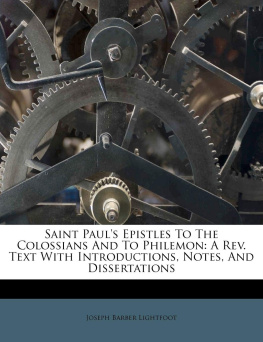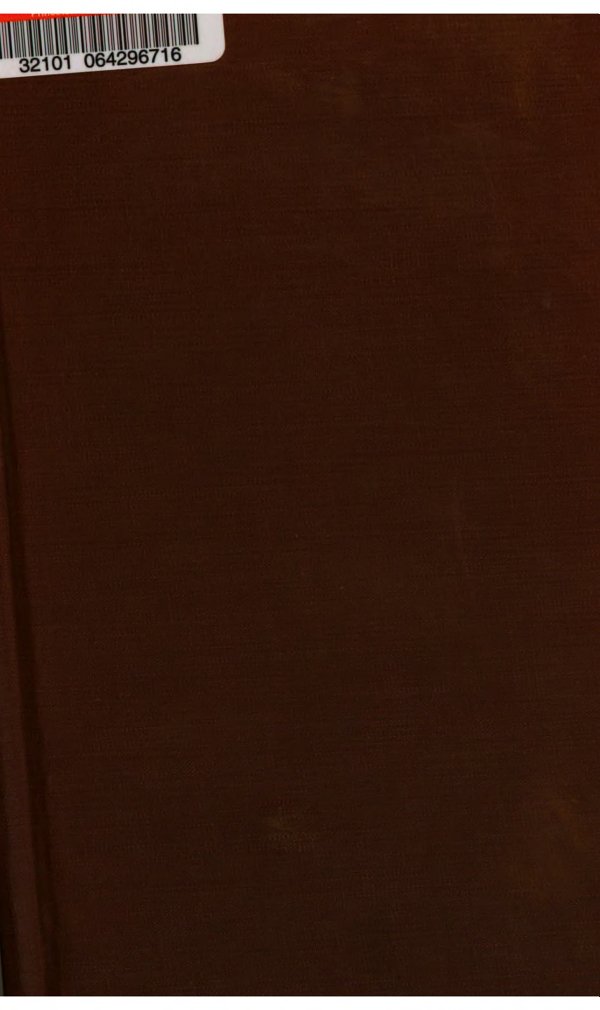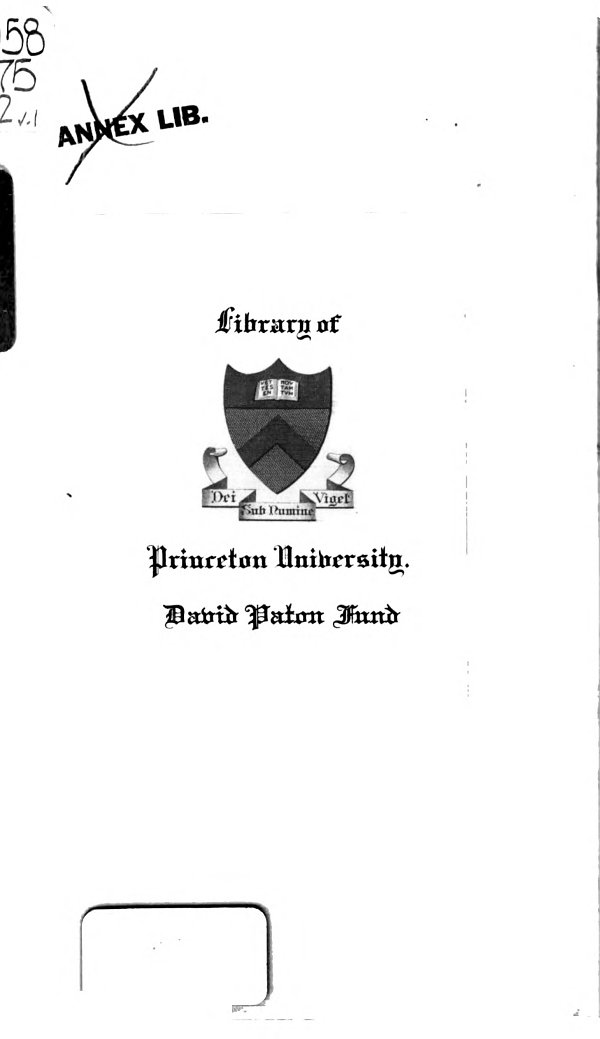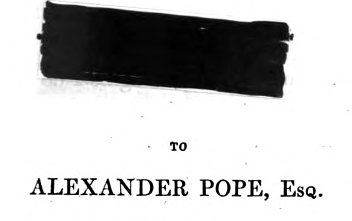The Roman History
Nathaniel Hooke
Google Book Search
This is a digital copy of a book that was preserved for generations on library shelves before it was carefully scanned by Google as part of a project to make the world's books discoverable online. See the back of the book for detailed information.
'woman History,
FROM THE
BUILDING OF ROME
TO THE
RUIN OF THE COMMONWEALTH.
ILLUSTRATED WITH MAPS.
BY N. HOOKE, ESQ.
A NEW EDITION, IN SIX VOLUMES.
VOL. I.
LONDON:
PRINTED FOE C. AND J. RIVINGTON; T. EOERTON; J. NUNN;
J. CUTBEL1; J. SCATCHERD ; E. JEFFERY AND SON ; LONGMAN, HURST,
REES, ORME, AND RROWN; T. CADELL; J. AND W. T. CLARKE;
CARPENTER AND SON; J. AND A. ARCH; J. RICHARDSON J RALDWIN,
CRADOCK, AND JOY; J. BOOKER; R. PRIESTLEY; R. SCHOLEY; T.
HAMILTON; O. AND W. R. WHITTAKER; HARDING, MAVOR, AND
LEPARD; KINGSBURY, PARBURY, AND ALLEN ; J. BOHN ; R. SAUNDERS;
OGLE, DUNCAN, AND CO. ; E. GREENLAND ; T. AND J. ALLMAN ; HURST,
ROBINSON, AND CO. ; T. AND W. BOONE | LLOYD AND SON J C. TAYLOR:
WILSON AND SONS, YORK; DEIGHTON AND SONS, CAMBRIDGE; J.
PARKER, OXFORD; AND STERLING AND SLADE, EDINBURGH.
1823.
Sir,
Th E displaying your name at the head of these sheets is, I confess, like hanging out a splendid sign to catch the traveller's eye, and entice him to make trial of the entertainment the place affords. But when I can write under my sign, that Mr. Pope has been here, and was content, who will question the goodness of the house?
You see, Sir, and I had no desire to hide it, my interested view in this epistle. Perhaps I should find it difficult, on such an occasion as the present, to address you in any terms, which might not be construed into self-love, more or less refined. Will not this be the case, if I say, as with truth I can, that I was glad to seize the only opportunity I may ever have of so publicly testifying my just esteem for a worthy friend, to whom I have been long and much obliged? Yet
Vol. i. A
i 420333
allow me to add, that I imagine 1 do give a proof of that esteem, when I inscribe to you this attempt towards a History of Roman virtue and patriotism. No consideration, I hope, could engage me to it, if I were not persuaded that you really are, what your writings declare you to be, a friend to virtue, to your country, and to the liberties of mankind.
I am, with sincerity and affection,
Sir,
Your most faithful
humble servant,
N. HOOKE.
PREFACE.
The compendious History of the regal and consular states of Rome, by Mr. Echard, and a translation of the extensive one, written in French, by the Jesuitfathers, Catrou and Rouille, were the only general accounts, which (unmixed * with foreign matters) had been given of them, in our language, when the present work was first offered to the public. In the structure of it, the author had an especial regard to those persons, who, wishing to be acquainted with the Roman story by reading it in English, found Mr. Echard too brief to satisfy their curiosity, and the Jesuits too diffuse and verbose to engage their attention agreeably. Not long after its coming abroad, the well known and much esteemed Monsieur Rollin, who, by the solicitation of his friends and admirers, had been prevailed with, in his old age, to undertake a History of Rome from the building of the city to the battle of Actium, obliged the public with a part of what he had executed. Death prevented his prosecution of the work to its completion; but it has since been continued and finished by the ingenious and industrious Monsieur Crevier; and the whole is translated into English. Had M. Rollin, who not only has avoided, in his relations, the extremes above-mentioned, but has drawn his historical matter (for the most part) from the ancient Greek and Latin authors, been somewhat more early in his enterprise, it would have hindered the writer of the present history from attempting any thing of this kind; whose project, at first, was nothing more than to abridge the Jesuits' voluminous compilation, making use, occasionally, of M. Vertot's sprightly narrative of the revolutions in the Roman go
Mr. Howel, in his History of the World, has given a dry, but very exact account of the Roman kingdom and republic. "His collections (says Mr. Echard J are admirable, both for their usefulness and exactness; his decisions very just and faithful, and his learning very uncommon and curious: in short, we may say, that no man ever more truly and carefully brought together the principal matters of all the Roman historians than he; and that he was an incomparable collector and compiler, though at the same time he was but an indifferent historian." Pref. to Ech. Rom. Hist.
vernment. That project, however, he did not closely and constantly follow, even in this first volume, and he wholly departed from it in composing the second, choosing then to have recourse to the ancients for his materials, and also venturing, with regard to certain things, by them related, to make remarks, and give conjectures of his own; which, he imagined, might at least occasion to his readers the pleasure of considering, if they proved of no service to assist them in judging. Nor was he diverted from proceeding in this method, by the pieces M. Rollin had then published, of his Roman history; for this excellent writer, though more exact in his translations, and in giving the sense of his authors when he is not a mere translator, than either Monsieur Vertot or the Jesuits, has not, so often as could be wished, made use of his judgment to distinguish the true from the false, the probable from the improbable; and he has sometimes chosen to transcribe Monsieur Vertot, where this abbe" did certainly not deserve that honour. Whoever peruses Monsieur Vertot's work must, I think, observe, that, with him, notwithstanding his strong and lively representation of the avarice, ambition, and usurpations of the nobles, the tribunes are always wrong, either in the matter or the manner, or the timing of their proposals for relieving the plebeians, and commonly in all three. And Monsieur Rollin, thougn he be not quite so devoted to the aristocratical faction as the abbe, yet seems to have a stronger bias that way than perhaps in reason he ought Hist. Rom. to have. In pages 57,58 of" his second volume, speaking of the Agrarian law, he says, "The demand of the tribunes on this article does really appear so founded in equity, that it seems as if nothing reasonable could be objected to it; and one cannot easily look upon the senate's obstinate withstanding it, but as a crying injustice, and apartiality wholly condemnable. Nevertheless, a society so respectable, and abounding with persons of generally avowed prudence and virtue, must undoubtedly have had strong reasons for acting as they did. That









